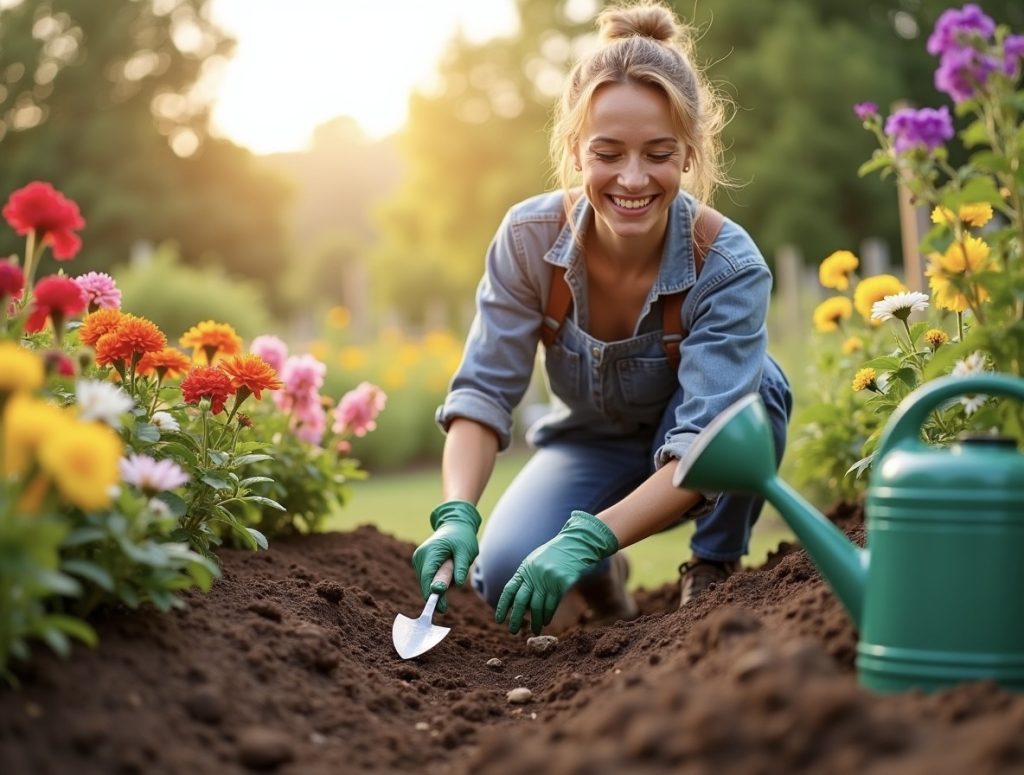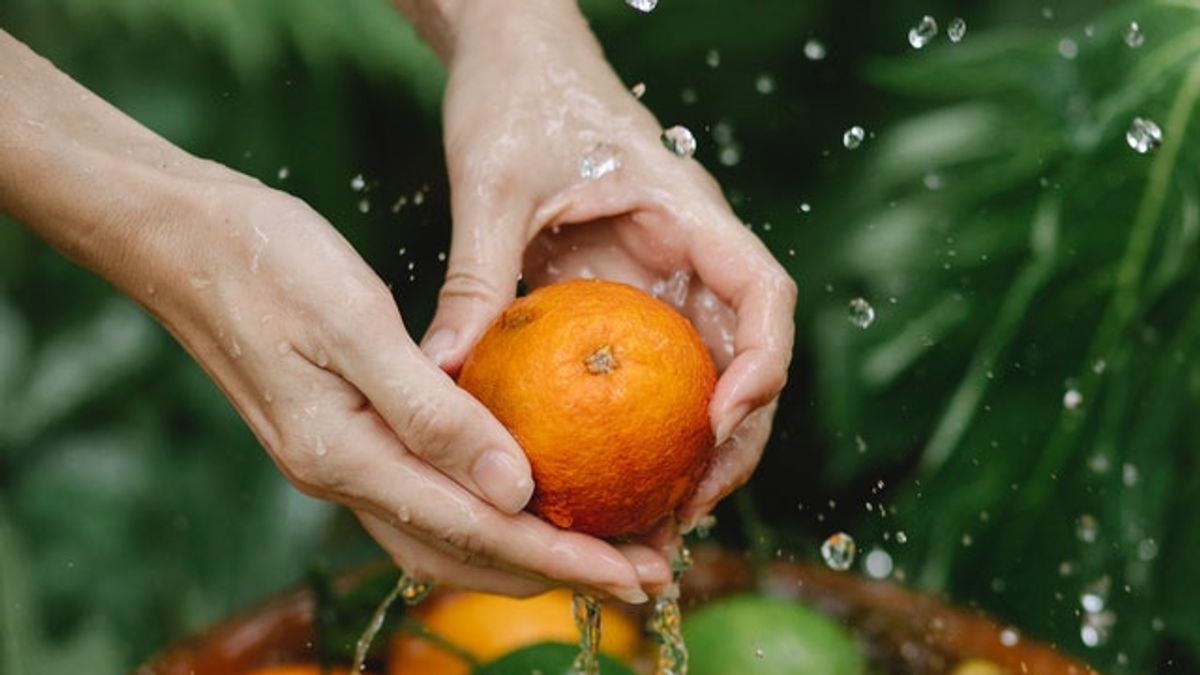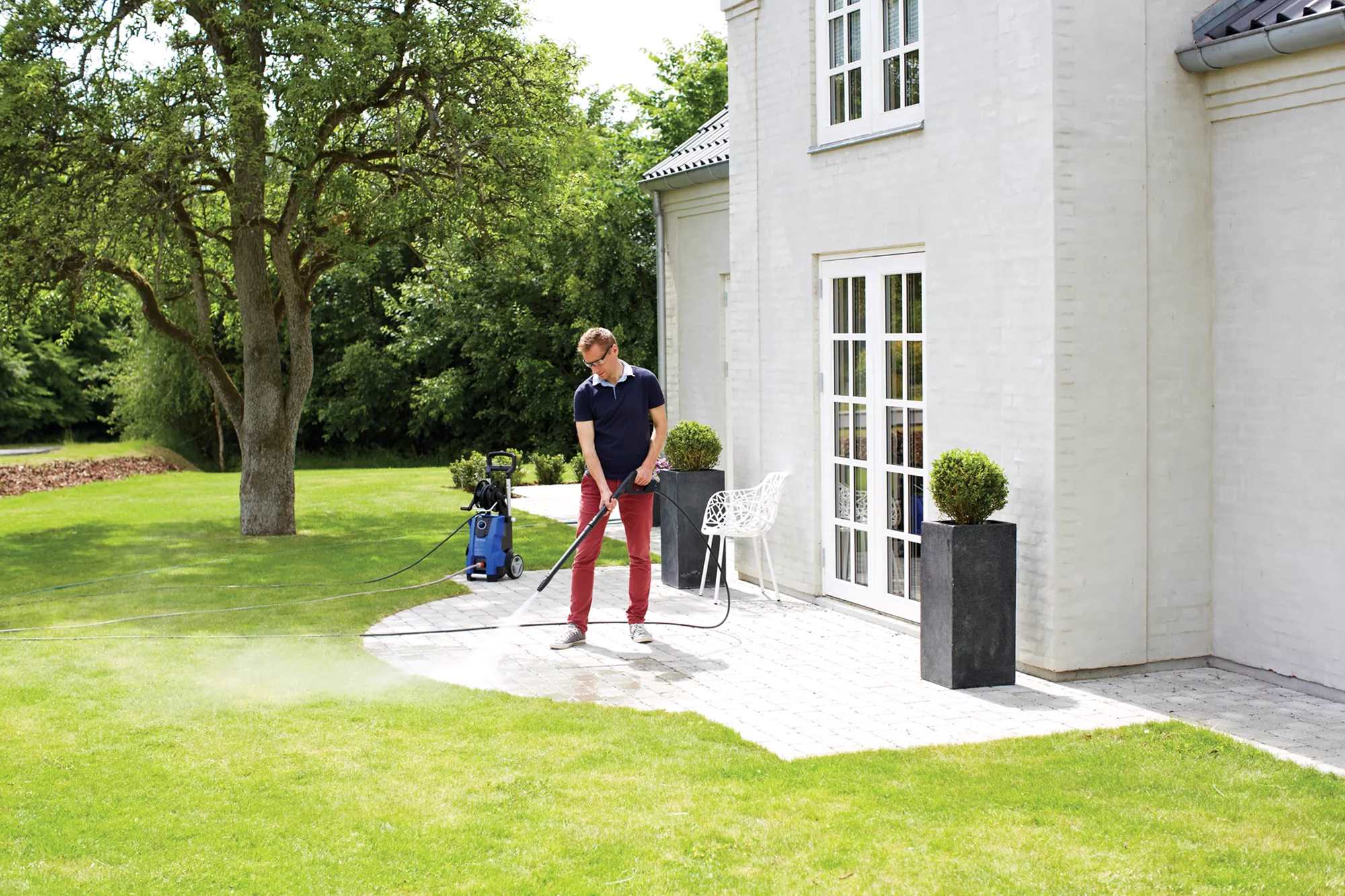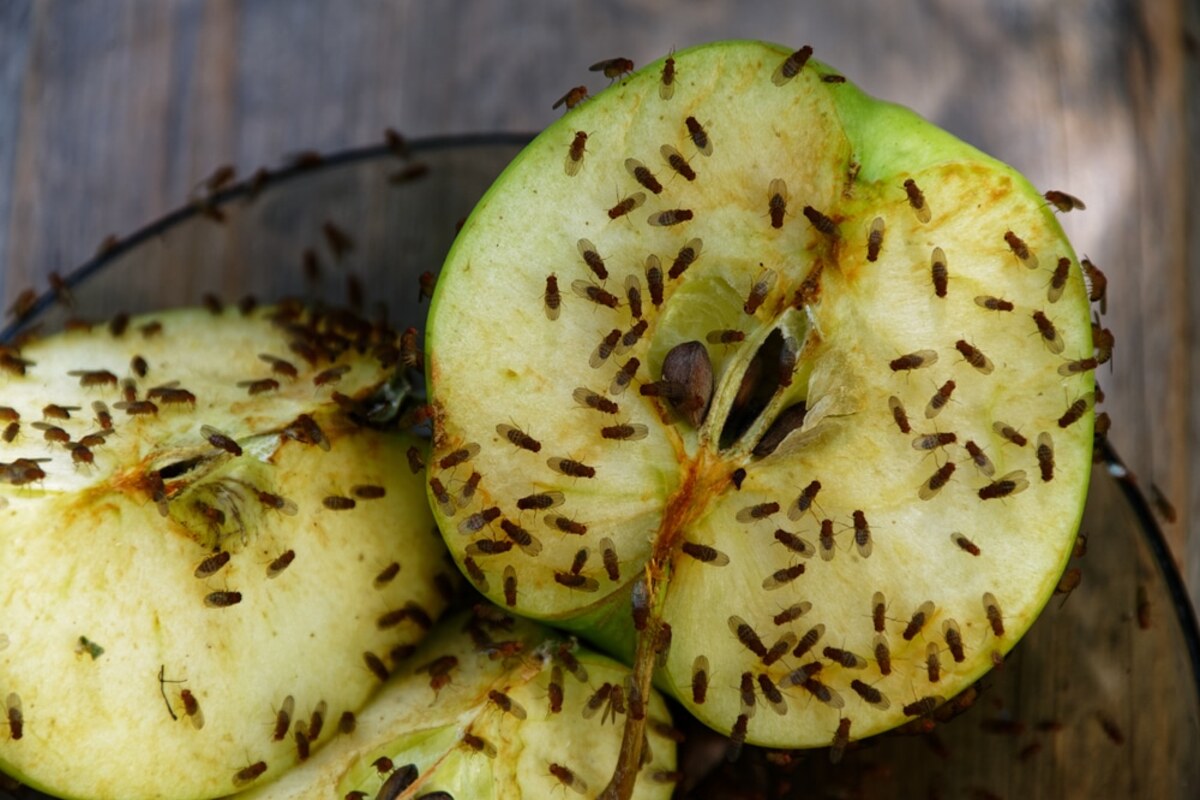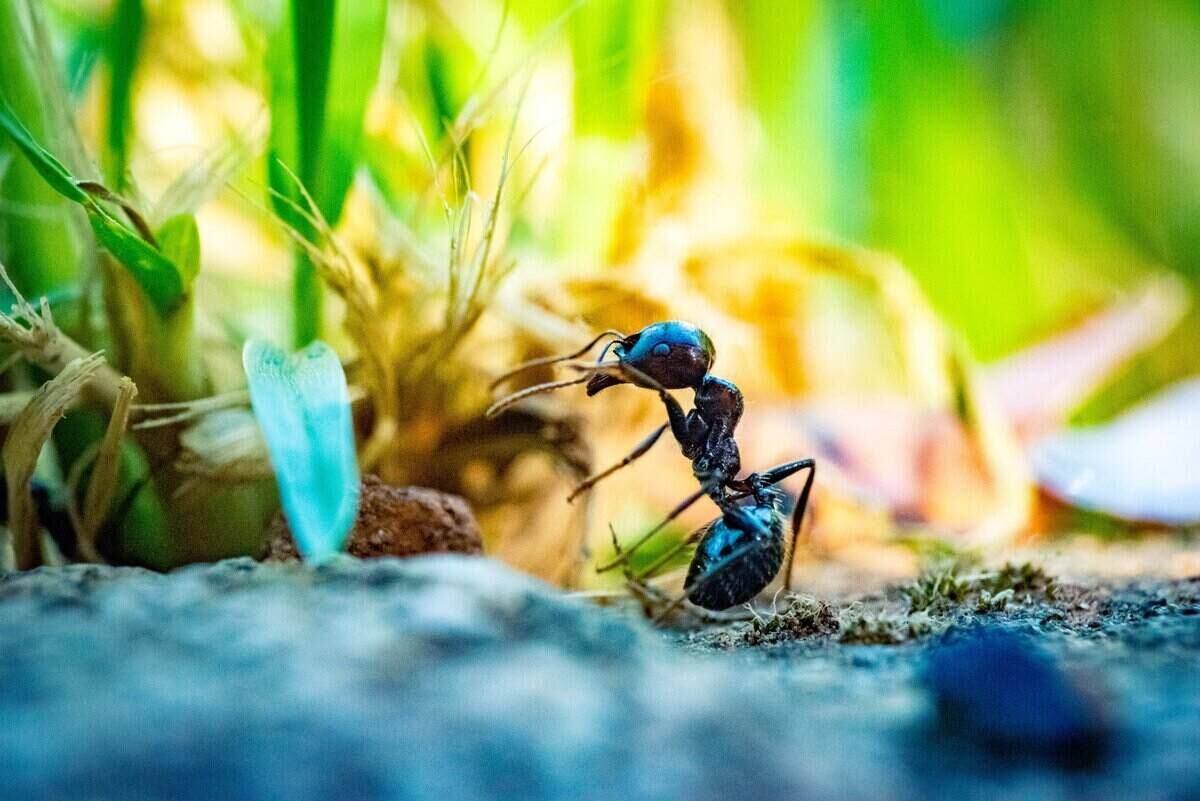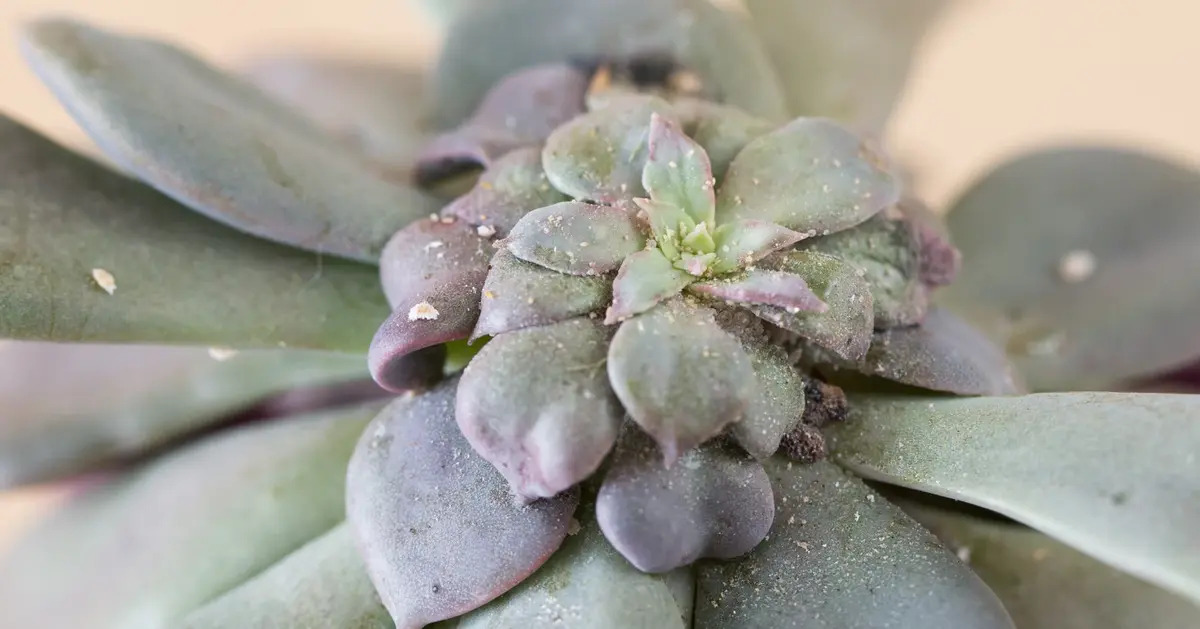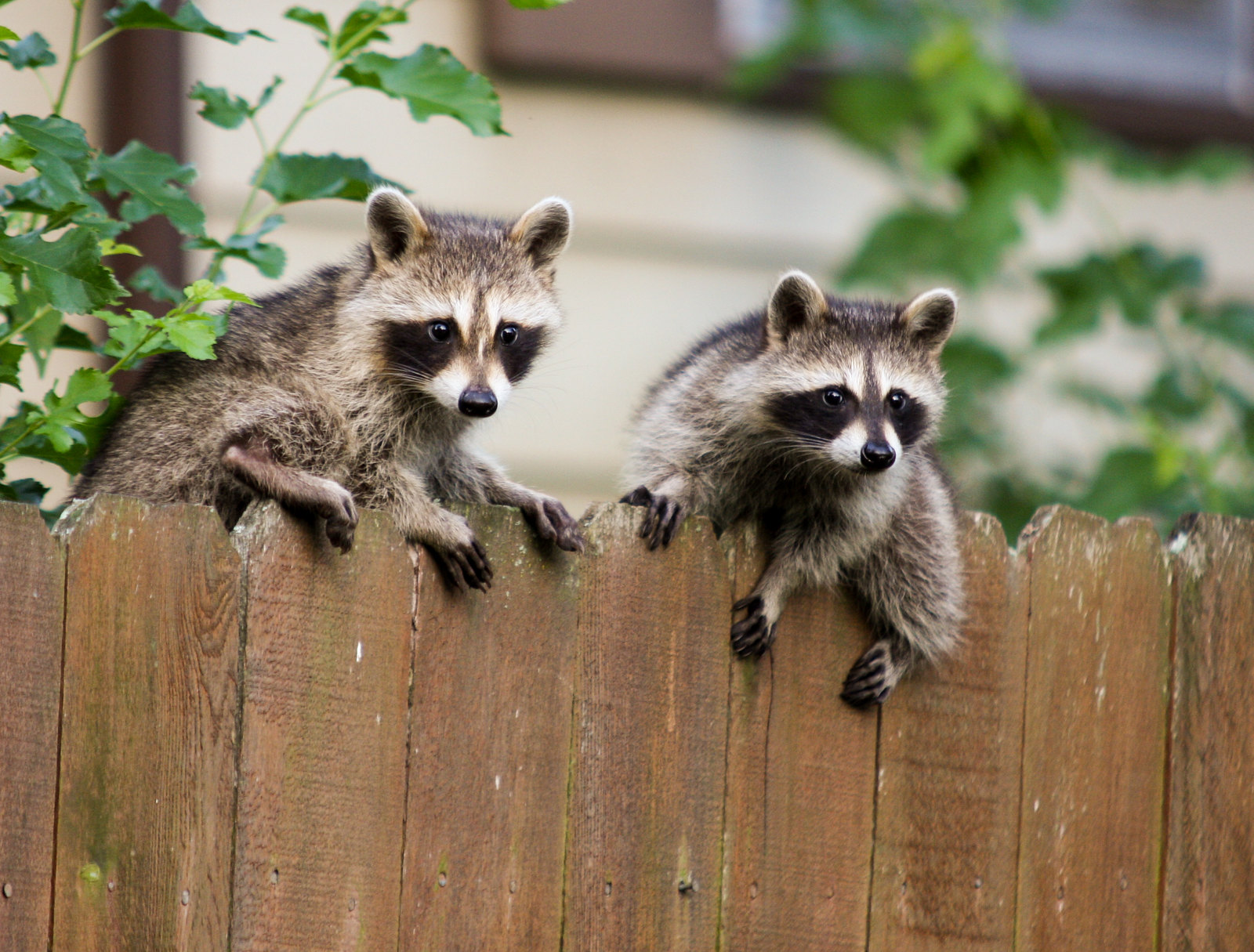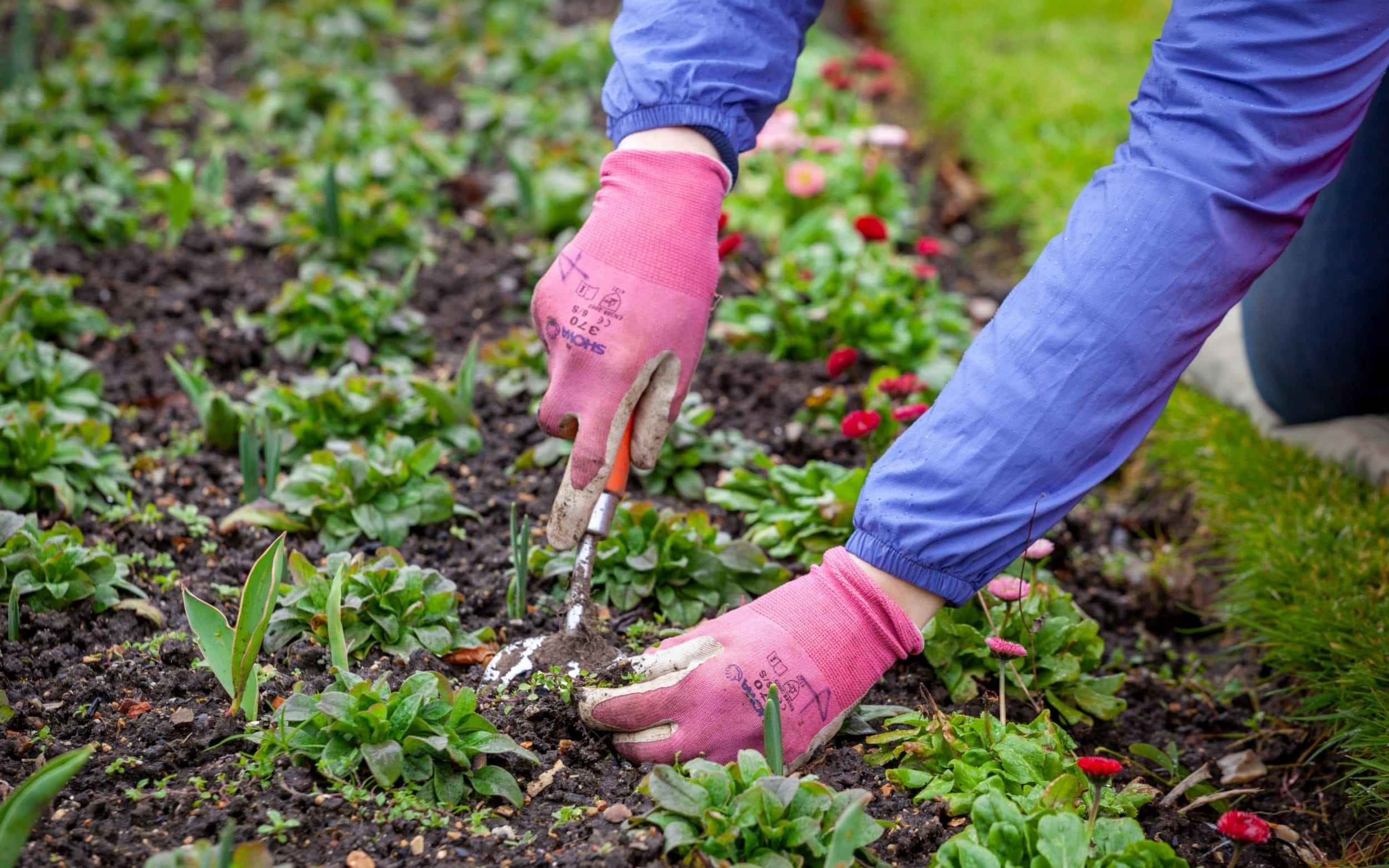Home>Gardening Tips and Tricks>Problem Solving>How To Get Rid Of Potting Soil Smell


Problem Solving
How To Get Rid Of Potting Soil Smell
Published: February 8, 2024
Learn effective problem-solving techniques to eliminate the unpleasant odor of potting soil. Discover expert tips and tricks.
(Many of the links in this article redirect to a specific reviewed product. Your purchase of these products through affiliate links helps to generate commission for Chicagolandgardening.com, at no extra cost. Learn more)
Table of Contents
Introduction
Gardening is a rewarding and enjoyable hobby for many people. Whether you have a green thumb or are just starting out, potting soil is a key ingredient to growing healthy and vibrant plants. However, one common issue that gardeners may encounter is the unpleasant smell that sometimes accompanies potting soil.
If you’ve ever opened a bag of potting soil and been greeted with a strong, earthy odor, you’re not alone. The smell of potting soil can vary from a mild, musty scent to a strong, pungent odor that can linger in the air. Not only can this smell be unpleasant, but it may also be a cause for concern, especially if you plan on using the potting soil indoors or in an enclosed space.
In this article, we will explore the causes of potting soil odor and provide you with effective methods to get rid of the smell. Whether you’re a seasoned gardener or a beginner, these tips and techniques will help you create a pleasant and odor-free gardening experience.
Understanding the Potting Soil Smell
Before we dive into the solutions for getting rid of potting soil smell, it’s important to understand why it occurs in the first place. The distinct odor of potting soil is primarily attributed to the presence of organic matter and microorganisms within the soil.
Potting soil typically contains a combination of ingredients, including peat moss, perlite, vermiculite, and compost. These organic materials provide nutrients and moisture retention for plants, but they also create an environment where microorganisms thrive. As these microorganisms break down the organic matter, they produce gases such as ammonia and sulfur compounds, which are responsible for the strong odor.
Additionally, inadequate ventilation and high humidity can exacerbate the smell. When potting soil is stored in a sealed bag or container, the gases produced by the microorganisms get trapped, intensifying the odor. This is why the smell can be particularly strong when you first open a new bag of potting soil.
It’s important to note that while potting soil odor can be unpleasant, it is generally not harmful to your health. However, if you have a sensitive nose or plan on using the potting soil indoors, you may want to take steps to eliminate or minimize the smell.
Now that we have a better understanding of why potting soil smells, let’s explore some effective methods to tackle this issue and create a more pleasant gardening experience.
Causes of Potting Soil Odor
There are several factors that contribute to the unpleasant smell of potting soil. Understanding these causes can help you address the issue more effectively. Here are the main reasons why potting soil may develop an odor:
- Microorganisms: As mentioned earlier, the presence of microorganisms in potting soil is one of the primary causes of the smell. These microorganisms break down organic matter and release gases, such as ammonia and sulfur compounds, which contribute to the odor.
- Moisture: Excess moisture can lead to the growth of fungi and bacteria, further intensifying the smell. Overwatering or improper drainage can create a damp environment that promotes the proliferation of these microorganisms.
- Organic Matter: The organic materials used in potting soil, such as peat moss and compost, also contribute to the smell. As these materials decompose, they release volatile organic compounds (VOCs), which can give the soil an earthy or musty odor.
- Inadequate Ventilation: When potting soil is stored in a sealed bag or container without proper ventilation, the gases produced by microorganisms have no escape, leading to a stronger and more concentrated odor.
It’s important to address these underlying causes to effectively eliminate or minimize potting soil odor. By targeting these factors, you can create a healthier and more pleasant environment for your plants and yourself.
Preparing the Area for Odor Removal
Before you begin tackling the potting soil smell, it’s essential to prepare the area properly. Taking a few simple steps can help optimize the effectiveness of odor removal methods. Here’s what you can do:
- Remove Surrounding Plants: If you’re dealing with potted plants that have a strong smell, consider relocating them temporarily to a well-ventilated area. This will prevent the odor from permeating other plants and surfaces.
- Open Windows and Doors: If possible, open windows and doors to allow fresh air to circulate. This will help in ventilating the area and reducing the concentration of the odor.
- Clean Up Excess Soil: Remove any excess potting soil from the surrounding area. This will minimize the surface area that could contribute to the smell and make it easier to target the source of the odor.
- Provide Adequate Ventilation: If you’re working indoors, ensure that the room is well-ventilated. Use fans or open windows and doors to create airflow that will help in reducing the intensity of the smell.
- Protect Yourself: Wear gloves and a mask to protect your skin and respiratory system while handling potting soil or any odor removal products. This is especially important for individuals with allergies or sensitivities.
By taking these preparatory steps, you’ll create a cleaner and more conducive environment for effectively tackling the potting soil smell. Once you’ve done that, you can move on to using natural methods or commercial products to eliminate the odor.
Natural Methods to Eliminate Potting Soil Smell
Fortunately, there are several natural methods you can try to eliminate potting soil smell without resorting to harsh chemicals. These methods are safe, eco-friendly, and often use ingredients that you may already have at home. Here are some effective natural remedies:
- Absorb Odors with Activated Charcoal: Place small bowls of activated charcoal near the potting soil or mix it directly into the soil. Activated charcoal has excellent absorbent properties and can help neutralize odors.
- Vinegar Solution: Mix equal parts of white vinegar and water in a spray bottle. Mist this solution over the potting soil, allowing it to penetrate the surface. Vinegar helps eliminate odors by altering the pH levels in the soil and inhibiting the growth of odor-causing bacteria.
- Baking Soda: Sprinkle a generous amount of baking soda over the potting soil surface. Baking soda is a natural deodorizer and can help absorb unpleasant smells. Leave it on for a few hours or overnight, then vacuum or sweep it away.
- Coffee Grounds: Spread used coffee grounds over the potting soil and mix it in. Coffee grounds not only provide nutrients to plants but also have natural deodorizing properties due to their ability to absorb odors.
- Citrus Peels: Place citrus peels, such as lemon or orange peels, directly on the potting soil. Citrus oils contain natural compounds that help neutralize odors. Replace the peels every few days to keep the odor-fighting properties fresh.
- Air Purifying Plants: Introduce air-purifying plants, such as snake plants or peace lilies, near the potting soil. These plants absorb airborne toxins and release oxygen, improving the overall air quality and reducing any lingering smells.
Remember, natural methods may require some time and repetition to fully eliminate the potting soil smell. Be patient and consistent with your chosen method, and you’ll soon enjoy a fresh and odor-free gardening experience.
Commercial Products for Removing Potting Soil Odor
If natural remedies don’t provide the desired results, or if you prefer a more convenient and quick solution, there are several commercial products available specifically designed to eliminate potting soil odor. These products are formulated with potent odor-neutralizing ingredients and can help tackle even the strongest smells. Here are some options to consider:
- Odor Eliminating Sprays: Look for sprays specifically designed to eliminate odors in gardening or household settings. These sprays contain enzymes or neutralizing agents that break down the odor compounds, effectively eliminating the smell. Simply spray the product over the potting soil, following the instructions on the label.
- Odor Absorbing Gels or Beads: These products come in the form of gels or beads that absorb and trap odors, releasing a fresh scent in return. Place the gel or beads near the potting soil or mix them directly into the soil. They work by continuously releasing odor-neutralizing agents into the surrounding area.
- Activated Charcoal Sachets or Bags: Similar to the natural method mentioned earlier, activated charcoal can also be purchased in the form of sachets or bags. These small pouches contain activated charcoal, which absorbs and neutralizes odors. Place them near the potting soil or mix them into the soil for long-lasting odor control.
- Odor Control Granules: Odor control granules are designed to target and eliminate odors in potting soil. These granules are sprinkled directly onto the soil surface and work by neutralizing the odor molecules. Follow the instructions provided by the product for best results.
- Soil Amendments: Some commercial products are formulated as soil amendments that not only eliminate odors but also provide added benefits to plants. These amendments are mixed into the potting soil and work by neutralizing odor-causing compounds while promoting healthy soil conditions.
When using commercial products, always read and follow the instructions provided on the packaging. Remember to consider the specific needs and requirements of your plants, as some products may be more suitable for certain types of gardening or plants.
Commercial odor removal products can be a convenient option, especially if you’re dealing with persistent or strong odors. However, keep in mind that these products may contain chemicals and synthetic fragrances, so if you prefer a more natural approach, you might want to explore the previous section on natural remedies.
Tips for Preventing Potting Soil Smell
Prevention is key when it comes to dealing with potting soil smell. By taking a few proactive steps, you can minimize the chances of unpleasant odors arising in the first place. Here are some tips to help you prevent potting soil smell:
- Choose Quality Potting Soil: Opt for high-quality potting soil that is well-composed and free from contaminants. Avoid purchasing soil with a strong odor, as it may indicate poor quality or a high concentration of organic matter.
- Proper Drainage: Ensure that your pots or containers have proper drainage holes to prevent water from accumulating in the soil. Excess moisture can lead to the growth of bacteria and fungi, resulting in the development of odor.
- Frequent Air Circulation: Provide adequate ventilation for your potted plants by placing them in areas with good air circulation. This will help prevent the buildup of stagnant air and minimize the chances of odors developing.
- Store Potting Soil Properly: If you have leftover potting soil, store it in a cool, dry place. Avoid sealing it in airtight bags or containers, as this can trap moisture and exacerbate the growth of odor-causing microorganisms.
- Proper Plant Care: Regularly inspect your plants for signs of pests or diseases, as these can contribute to the development of foul odors. Remove any decaying or rotting plant matter promptly to prevent the spread of odor-causing microorganisms.
- Clean Containers: After repotting or changing your plants, clean the containers thoroughly before reusing them. This helps remove any residual organic matter that could contribute to future odor problems.
- Maintain Balanced Moisture Levels: Avoid overwatering your plants, as excessive moisture can lead to the growth of odor-causing bacteria. Allow the top inch of soil to dry out between waterings to prevent waterlogged conditions.
- Monitor Humidity: If you’re gardening indoors, monitor the humidity levels in the room. High humidity can create an ideal environment for the growth of microorganisms and the development of odors. Use a dehumidifier if necessary.
By following these preventive measures, you can create a healthy and odor-free environment for your plants. Taking proactive steps to prevent potting soil smell is often more manageable than dealing with the odors after they have developed.
Conclusion
Dealing with potting soil smell can be a challenging task, but with the right knowledge and techniques, it can be effectively addressed. Whether you opt for natural remedies or commercial products, there are various methods available to eliminate or minimize the unpleasant odors associated with potting soil.
Understanding the causes of potting soil odor, such as microorganisms, moisture, and organic matter, allows us to target the issue more precisely. By preparing the area properly and following the recommended steps, you can enhance the effectiveness of odor removal methods.
If you prefer a natural approach, options like activated charcoal, vinegar solutions, and coffee grounds can help neutralize the smells. For those seeking a more convenient solution, commercial products such as odor eliminating sprays or odor-absorbing gels can rapidly eliminate the odors.
Prevention is also crucial in avoiding potting soil smell. By choosing quality potting soil, maintaining proper drainage and ventilation, and practicing good plant care, you can curb the development of odor-causing microorganisms.
Remember, each gardening experience is unique. Experiment with different methods and find the one that works best for you. By implementing these tips and techniques, you’ll be well-equipped to create a pleasant and odor-free gardening environment for yourself and your plants.
